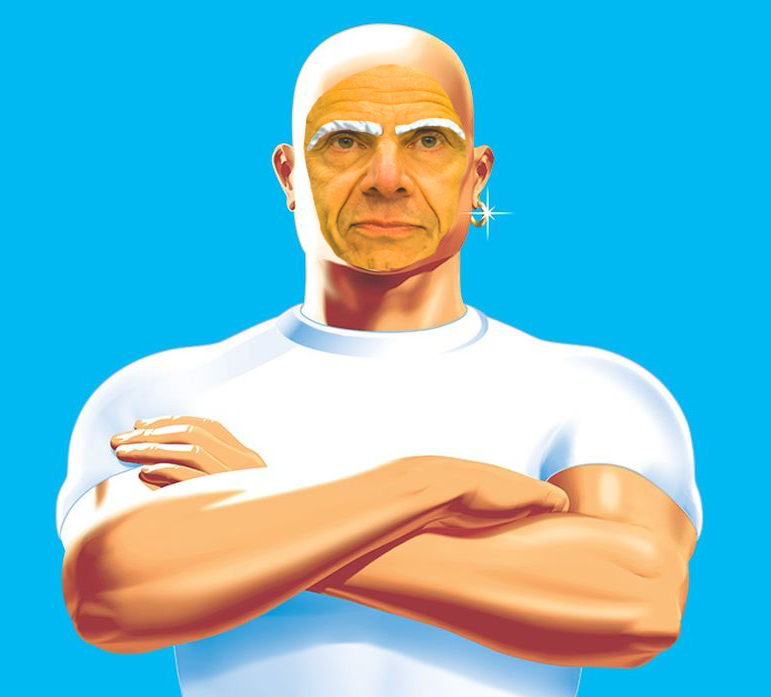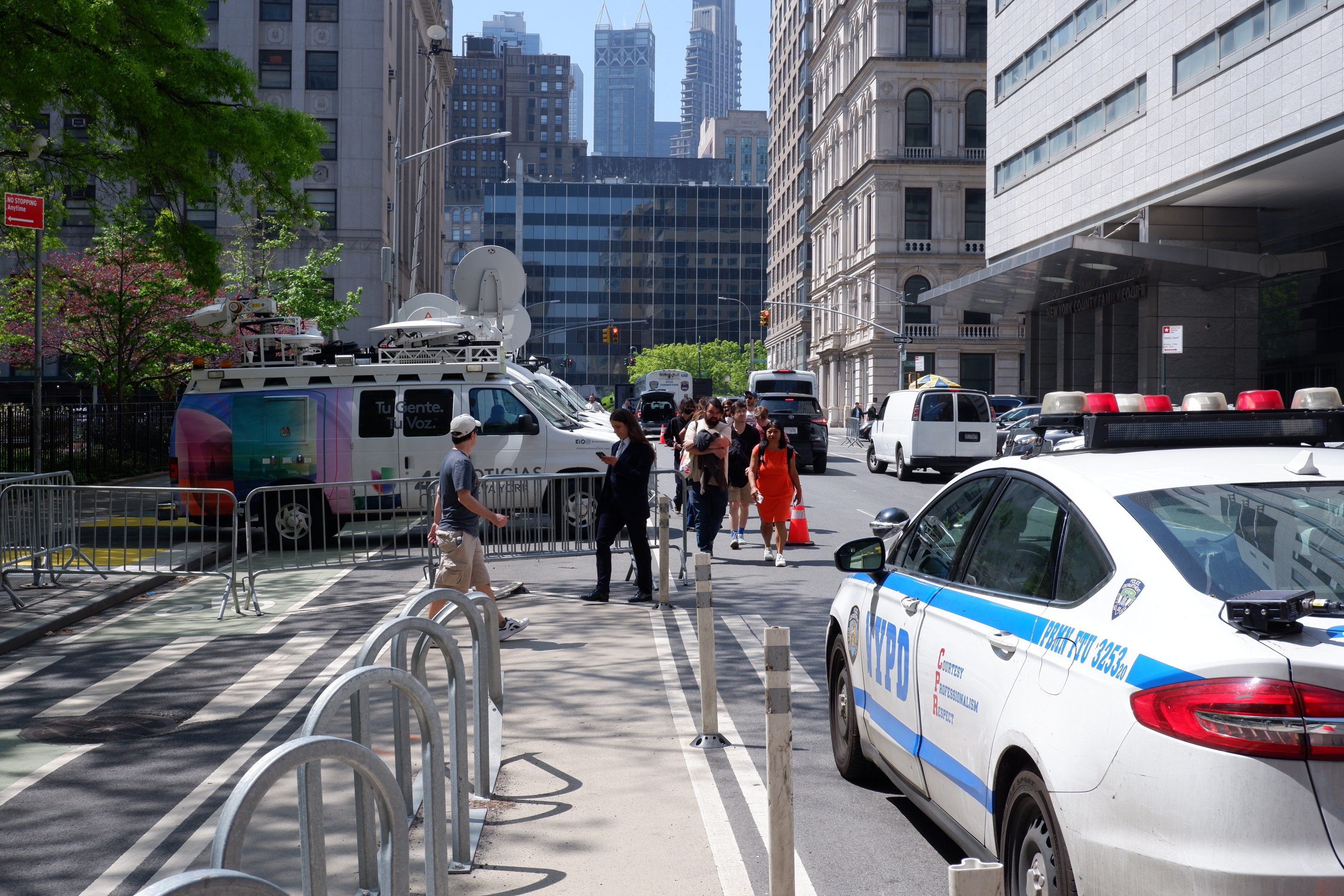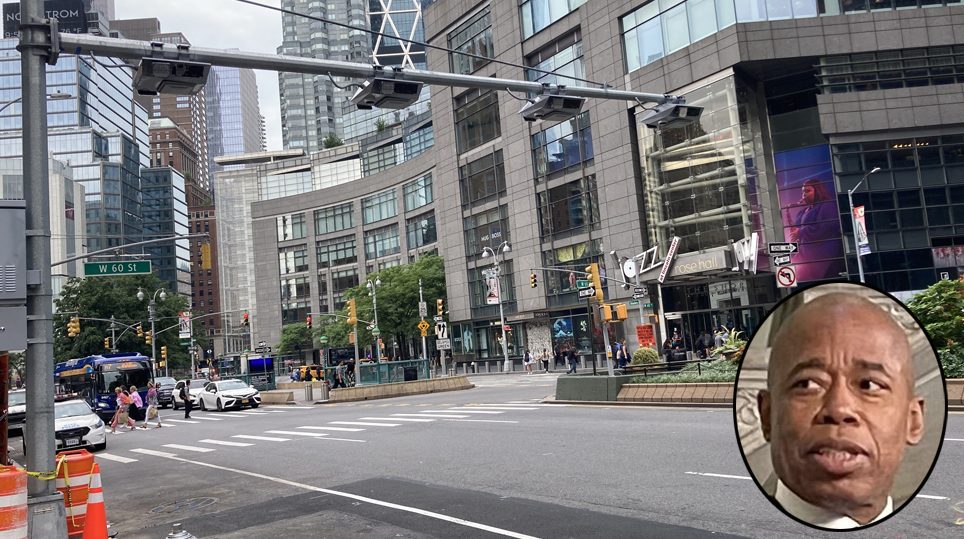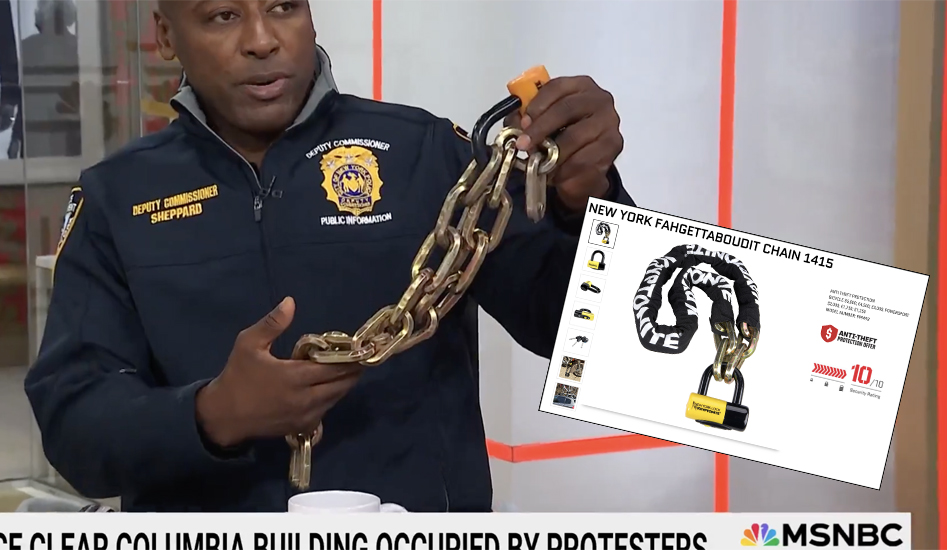Overnight subway service, that most-normal New York City practice, has still not returned even as the city lurches more and more towards normalcy. The man who's keeping riders off of trains between 1 a.m. and 5 a.m. every day? Despite what MTA Chairman and CEO Pat Foye has said, it's not Health Commissioner Dr. Howard Zucker; it's Gov. Andrew Cuomo, who continues to insist 24/7 subway service is a public health threat.
Although the MTA runs bus service that the agency insists is a good substitute for the sprawling train network that sits unused, the reasons to bring back overnight subway service as starting to pile up:
The return of indoor eating means more late-night workers (and their customers) need to get home
When the 24/7 shutdown started in May, only pieces of the city economy were open, which meant only a fraction of the city's workforce had to move around overnight. But with the city comfortably in what we can call Phase 4 Plus, more and more riders are now lining up outside subway stations early in the morning to get inside at 5 a.m. sharp so they can get to work.
The return of indoor dining means that restaurant employees like waiters, dishwashers and bartenders are are joining the ranks of people who need overnight subway service, except that restaurant workers are going to be trying to get home at the end of a shift. The current rules around indoor dining allow restaurants to seat customers until midnight, which bartender and self-described "fucking bitch" Marcia Herold pointed out zeroes out the odds of catching a subway home.
It's not just restaurant workers who are inconvenienced, of course — thousands of essential workers rely on overnight subway service. Early on Saturday morning, a nurse at NYU Langone–Brooklyn was killed in a crash with a motorcyclist as she biked home to Queens from her overnight shift at the hospital. Perhaps she'd be alive if the trains had been running.
It's going to sabotage local democracy, again
New York's Board of Elections has already become a national laughingstock and a useful propaganda piece for President Trump to undermine the legitimacy of voting by mail, thanks to the snafu involving sending 100,000 voters ballots under other people's names. The MTA should, at the very least, consider extending the hours of overnight service for Election Day in order to avoid a repeat of June's primary election, when multiple stories noted that a lack of overnight subway service led to delays in opening some polling places. The BOE itself, which did not respond to a request for comment about November's election, even tweeted that the subway closures had the potential to affect the June primaries.
When Foye was asked about extending overnight service to accommodate early-morning poll workers at a press conference following September's MTA Board meeting, the MTA's big boss dismissed the idea because he said the transit agency accomplished its mission in June.
"We were in contact with the Board of Elections and were able to get people to the polls, and that's our intent with respect to the general election in November," said Foye.
But State Sen. Zellnor Myrie of Brooklyn said that an extraordinary election requires extraordinary measures.
"I am very much a believer in making it as easy as possible for poll workers to get to the polls," Myrie told Streetsblog. "What we know already is that there is going to be higher voter turnout than we have ever seen. How much are we willing to invest in our democracy? If there's a way for us to extend subway service to make it as easy as possible for poll workers, we should be doing that."
Public transportation isn't a vector for coronavirus
The stated reason for the continuing overnight subway shutdown is so that the MTA can clean and disinfect trains and keep the subway from becoming a the superspreader express. Transit advocates have taken issue with the cleaning regimen, pointing out that the overnight cleanings are mostly for show in a world where the science on coronavirus has settled on airborne, person to person spread rather than through people getting the virus from infected surfaces. Yet another report, this one a done by Sam Schwartz for the American Public Transportation Association also supports that contention.
According to Schwartz's report, even though "public transit has some characteristics associated with higher COVID-19 transmission risk," frequent cleaning and high mask usage among riders have made sure that bus and subway travel is safe. Per a study that epidemiologists at the London School of Hygiene did, Schwartz writes that "no cases of virus transmission events have been traced to public transit services such as commuter buses, trains, and subways."
The report's best practices section does recommend cleaning frequently cleaning high-touch surfaces, but it also notes that most transit systems around the world have returned to their normal service patterns at this point.
The trains are running overnight anyway
Seriously! The trains are running all morning, just with no one on them, this is what's going on while most of you are sleeping. As the Daily News recently reported, 400 trains per morning are still running their usual scheduled routes overnight, which makes the subway shutdown more of a subway lockout. When reporter Clayton Guse pointed this out to the governor, and that MTA officials told the transit scribe that the agency is comfortable with the idea of cleaning the trains and accepting overnight passenger, Cuomo didn't want to hear it.
"Obviously they couldn't do it, otherwise they would have done it before the shutdown," Cuomo said a press conference in late September. "If you could clean the trains while the trains are running, why didn't you do it for the past 50 years? They figured it out now, oh sure they did."
Not offering train service is expensive
The MTA hasn't put a price tag on its total cleaning effort or the replacement bus service. We do know that the agency spent $6 million between May and August on free cab rides for commuters who qualified for the Essential Connector service, which Foye ended by flatly stating, "The MTA is broke."
The agency is expected to pay up to half a billion dollars per year for its current cleaning regimen, despite the questions surrounding its effectiveness, and the use of buses in place of trains is seen as inefficient to move even the relative handful of commuters between 1 a.m. and 5 a.m. For an agency bleeding money, paying to run empty trains for four hours at a time seems like an unbelievable luxury it can't afford.





